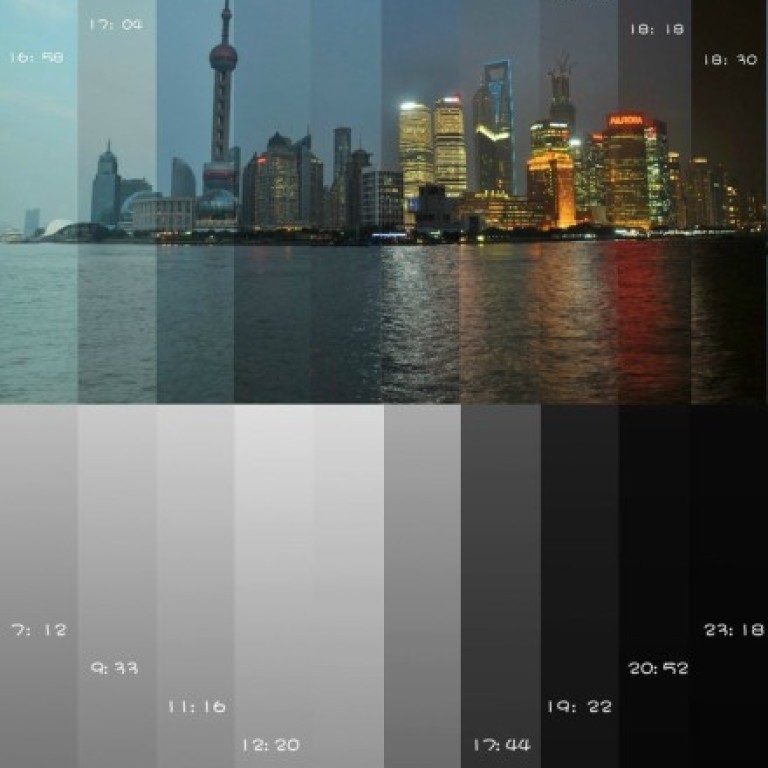
Chinese netizens' self-mocking humour in their darkest - and smoggiest - days
“What is the furthest distance in the world?” Indian poet Rabindranath Tagore once asked. Some mainland netizens say that if the late Mao Zedong stood on the Tiananmen rostrum these days, he would not be able to see his own mausoleum - all because of capital’s thick and hazardous smog.

Masks, air cleaners and more policies to save the city are what local people want the most, but before they can catch a glimpse of the blue sky again many of them are trying to cheer themselves up with humour.
“I think that the first group of volunteers for Dutch company’s Mars mission should be our Beijingers,” Beijing-based blogger and columnist Michael Anti posted on Twitter today. “Because the air on Mars fits us and we can still be talking and laughing there.”
“I did a calculation, which shows that on average every Beijinger breathes in three bricks every year,” Li Tie, a commentator of Guangzhou-based Southern Weekly said on Sina Weibo, a Chinese Twitter-like social media platform.
People in other parts of China are also poking fun at Beijing’s pollution. A popular photo posted on renren.com, a Chinese Facebook-style social media site, shows the difference between Shanghai and Beijing this week: the upper photo with the stunning river view of Pudong refers to Shanghai and the lower one, which shows nothing but grey and black columns, refers to Beijing.

The cruelest comment so far on Sina Weibo was by a Beijing netizen who warned on Friday that “maybe it is easier to count those Beijingers who do not have lung cancer (than those who have) in the coming few years.”
Was the netizen joking? Maybe not. US’s Beijing embassy pollution data which is published hourly on Twitter showed that the level of PM2.5, or particles smaller than 2.5 microns, had reached 886 micrograms per cubic metre on Saturday night, while its Air Quality Index, which includes PM2.5 and ozone, passed the maximum rating of 500 to 755, or “beyond index”.
According to US government’s Air Quality Index, the 'Good' and 'Moderate' levels of PM2.5 should be between 0 and 40.4 micrograms per cubic metre, one twentieth of Beijing’s worst PM2.5 index on Saturday.
There is no data on how many people might get sick in Beijing every year due to the hazardous air quality.
The outcry and criticism by mainland internet users and foreign media has caused concern within the Chinese government and the media it backs, such as the Global Times. Its chief editor, Hu Xijin, tried to counterbalance the public’s negative sentiment by posting lean government content via his Sina Weibo account, which has more than three million followers.
“The smog … is a warning to not only Beijing government but also all Beijing residents,” Hu said in one of his Weibo posts on Sunday.
“It is indeed a warning to the government, but why is it to Beijing residents?” a Sina Weibo user asked Hu online.
“Of course it is a warning to the residents,” another Sina Weibo user answered. “The residents should take a look at it that what kind of government they chose that had ruined the beautiful Beijing.”

